For Writers: From Journaling To The End
I am often asked about my “writing process” for my books.
My writing process is a combination of semi-insanity, creative muck, and word – sweat, so to speak. (I just made up the word, “word–sweat,” for fun and because it is past midnight and my brain is fizzy.)
First, I start scribbling in a journal. The journal costs no more than $5. Why spend extra, hard -earned money on something you will eventually throw at a wall, swear at, jump on and, possibly, burn or explode using small amounts of dynamite?
Each one of my books starts with a separate journal. I now have a full shelf of journals. With my most recent book, Such A Pretty Face, my story was so overly complicated for my little menopausal mind, it took four journals. I finally resorted to the sort of notebook I used when I was in school. White pages. Boring. No fluff. Filled that, too.
Everything I scribble in my journals initially is terrible but I have to go through this process to get a handle on the character. One of the first things I try to do is figure out my main character’s name. Most of the time, she won’t tell me her name. It’s like dealing with a female Rumpelstiltskin. I’ll fight with her, tell her to quit giving me the silent treatment, to open up for heaven’s sakes! Give me a hint! What letter does it start with? How many vowels? Eventually, I wrangle her to the ground and get a name.
Then I have to figure out who she is, where she works, her past, her tears…
Now, Julia, in Julia’s Chocolates, she was pretty open with me from the start. She had thrown her wedding dress up into a tree on a deserted, dusty street in North Dakota, she was on the run, and she was ready to talk because she didn’t have much to lose.
Jeanne Stewart in, The Last Time I Was Me, was so steamin’ mad after getting revenge on her cheating boyfriend, (She used a condom, peanut oil and hot glue, but I won’t say more. Don’t try this at home!!), that she was ready to talk to me, too, in a really furious, I’m-Driving-My-Bronco-Over-A-Cliff sort of way.
But Isabelle Bommarito in Henry’s Sisters? She’d been so used to handling her own life, her own misery, her own mental nightmares, and so shut off, I practically had to bribe her to get her to speak to me. She was private and not so nice. Way too tough for me. I am still not sure Isabelle and I are friends. We had to come to an understanding.
Stevie Barrett in Such A Pretty Face only told me about her life in chunks, here and there, a whisper around that subject, a chat about this part, a dance around those years, silence in that area.
But the journals are the launching pad for my books. Everything about all my characters that I know, at that time, goes in those journals, including what they look like, their past, their future, what they think of men and cheesecake and their night terrors.
Next I think of a starting line for my books. This takes a looonngg time. It must be clever and catchy. It is hard for me to be clever and catchy, especially if I would rather be outside playing or cruising through bookstores or going to Starbucks.
Once I have that line, and the first scene, I am launched, and I write.
I write until I’m done and have a first draft of about 90,000 words. Then I have a framework. Like a house. Only this is an extremely messy house. The plumbing does not reach the toilets, the electricity is in but it’s still electrocuting people, the heating system is blowing smoke, there is no tub, only cockroaches, and no refrigerator for the chocolate ice cream.
I am half crazed by then. I am working late at night, I can’t turn the story off in my head during the day, I am talking to my characters, arguing with them, and the scary thing is that they are arguing back. I must win all the arguments, but it is difficult. My characters are often poorly behaved and sometimes sarcastic and bad-tempered. They are funny though, too, they laugh and cry in my head and throw things at each other. They don’t do what I thought they were going to do, they don’t say what I planned for them to say. They are becoming themselves and I am watching from the sidelines, wringing my hands, nervous, quaking, wondering if I should have kept my job as a fourth grade teacher….
The first full edit is like writing through tar. Second edit, the tar is a little more soupy. I would say my house now has electricity and plumbing that only clanks now and then. Yay for working toilets! No one is electrocuted.
Third and fourth edits, I’m working on character development more, dialogue, details, sensory stuff, setting, and honing in on all the pain and anguish and making the funny scenes funnier, so you will, hopefully, laugh. I’m also deleting a ton. In terms of a house I now have a working kitchen, no ants.
Fifth draft I’m doing the same thing, and adding strings through the book, repetitions, I’m working on the rhythm of the sentences, completing character development, adding more emotion. The carpet is in, wood floors down, chimney built. Sixth edit I’m making it the best I can make it, obsessing over the tiniest word…and still deleting! Seventh editing I’m tightening, especially the dialogue, streamlining, eighth edit I am, to the best I can do, perfecting it, tying the motifs in, tying all the knots together, nailing the final nail.
So I have a house. A literary house, so to speak. A small house.
Then I send it off to my very clever editor for his thoughts and input and head off to get drunk on decaf mochas. Later I will edit that book four more times, for a total of twelve times, until I have almost memorized the darn thing.
By then my house is a wreck. I am a wreck. I need a haircut. I sure need to get the gray hair dyed. I need to find a razor. Where did I put it? I need to find my husband. I need to make sure the birds are still alive. I need to get the cat away from my husband. My cat is in love with my husband and I have to break that relationship apart now that I’m not frothing at the mouth and having imaginary conversations with people who do not exist.
That’s my writing process. It isn’t pretty. It isn’t romantic. It involves a lot of late nights, time alone, sloppy pajamas, too much chocolate, some swearing, and now and then the journal gets thrown across the room and I tell my characters to, “Shut up, will you?” Lovely.
Happy reading.
Published in Reading Group Choices, On The Bookcase, August, 2010


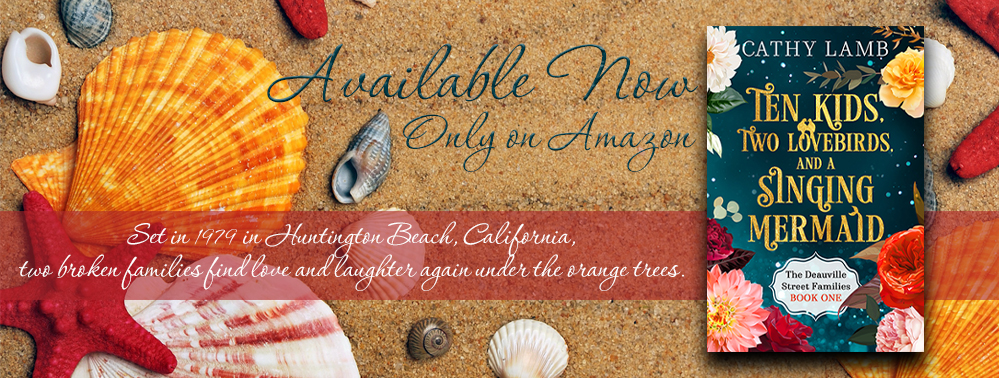






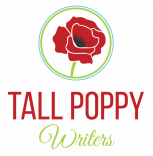
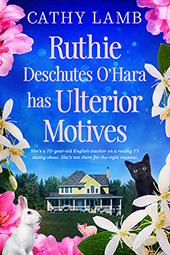
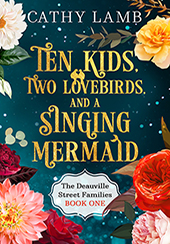
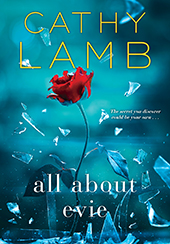
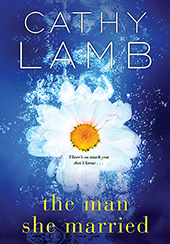
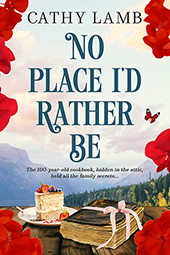
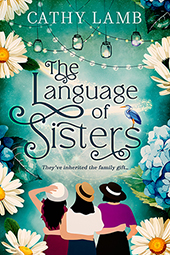

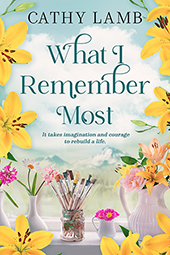
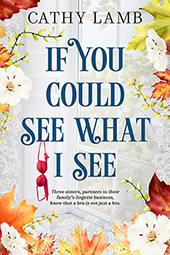
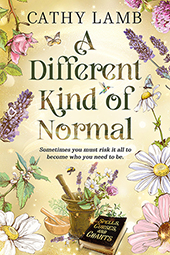
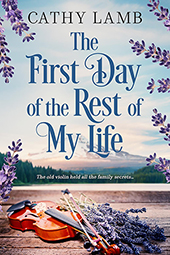
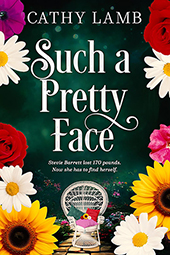
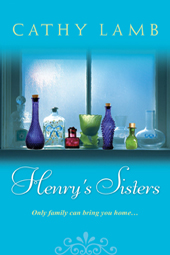
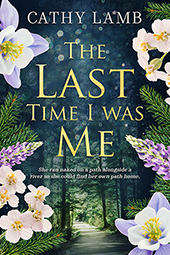
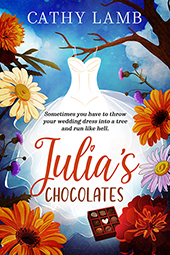

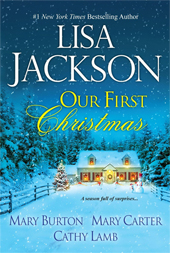
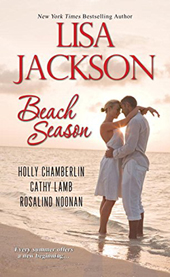

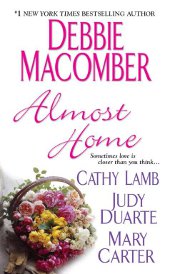


How can I find a hardcover copy of Henrys sisters for my personal library? I read it on kindle and would like to have it for my collection, because I loved it !!! I tried amazon and barnes and noble but neither could help. Thank you, Kate
1Hello Kate,
I’m so glad you want Henry’s Sisters for your library! That’s really nice to hear.
Call or write my publisher, Kensington Publishing, Kensington Publishing Corp.
119 West 40th Street
New York, New York
10018
1-800-221-2647
I know, also, that if you join a book group – you know the book groups that advertise in the magazines – that they sell hard cover.
2